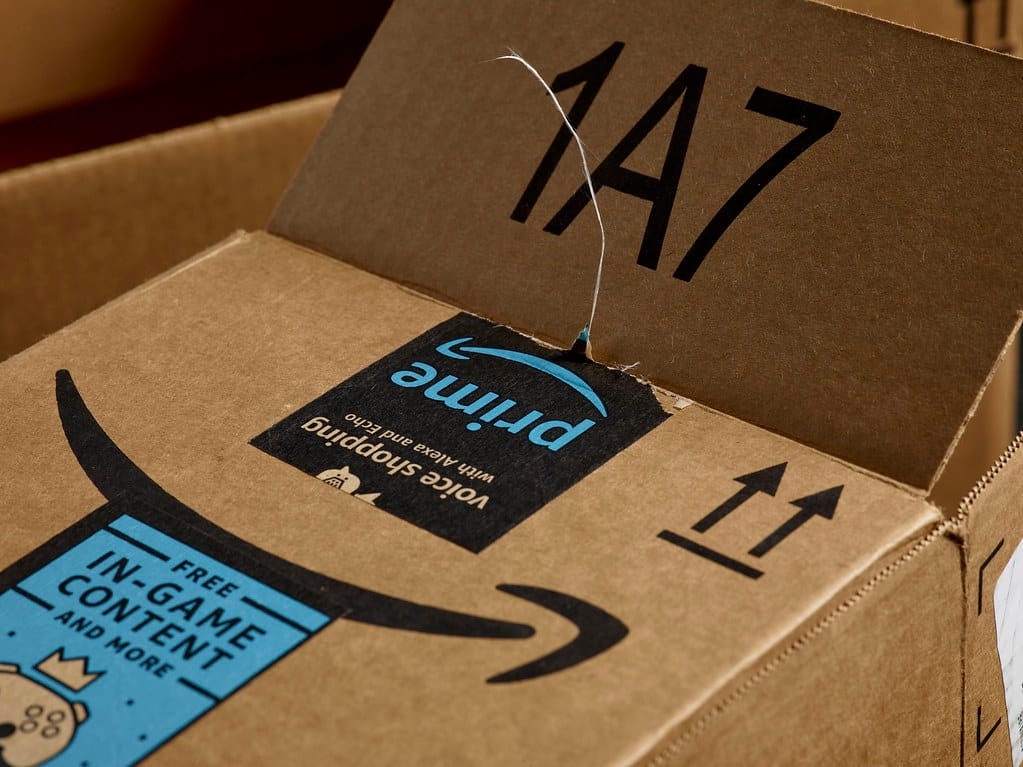Amazon Prime Cancellation Lawsuit: When "Easy Cancel" Isn't So Easy
A federal jury will soon determine whether Amazon's Prime cancellation process violates consumer protection laws, in a case that could reshape how subscription services handle customer departures.
Amazon, the e-commerce giant with over 200 million Prime subscribers worldwide, is facing a legal reckoning over allegations that it deliberately made canceling Prime memberships unnecessarily difficult. The Federal Trade Commission's lawsuit, which recently survived Amazon's motion to dismiss, claims the company employed "dark patterns" to trap customers in subscriptions they no longer wanted.
The Heart of the Allegations
The FTC's case centers on what it calls Amazon's "Iliad Flow" – a reference to Homer's epic poem about Odysseus's long journey home. According to the complaint, Amazon created a deliberately confusing cancellation process that required customers to navigate through multiple pages, declining various offers and alternatives before finally reaching the cancellation button.
The lawsuit alleges that while Amazon made it simple to sign up for Prime with just one or two clicks, canceling required navigating a maze of options designed to confuse and discourage customers. The FTC claims this violated the company's own customer-centric principles and federal consumer protection laws.
Consumer Experiences Tell the Story
The allegations aren't happening in a vacuum. Consumer advocacy groups have long documented complaints about Prime's cancellation process. Many customers reported being offered discounted rates, paused memberships, or partial refunds when attempting to cancel – tactics the FTC argues were designed to prevent actual cancellations.
One particularly telling aspect of the case involves Amazon's internal communications, which the FTC claims show company executives were aware that the cancellation process frustrated customers. The lawsuit suggests Amazon continued using these methods because they were profitable, despite knowing they harmed customer experience.
The Broader Dark Patterns Problem
This case represents part of a larger regulatory crackdown on "dark patterns" – user interface designs specifically crafted to trick consumers into making choices they wouldn't otherwise make. These tactics have become increasingly common across digital platforms, from news websites that make unsubscribing nearly impossible to apps that hide cancellation options in obscure menu locations.
The Prime cancellation case is particularly significant because it targets one of the world's largest subscription services. Prime membership fees generated over $25 billion in revenue for Amazon in 2021 alone, making the stakes considerable for both the company and consumers.
Legal Precedent and Industry Impact
If the jury rules against Amazon, the decision could establish important precedent for how subscription services must handle cancellations. The case could force companies across industries to simplify their cancellation processes and make them as straightforward as their sign-up procedures.
The timing is crucial, as several states have passed or are considering "easy cancel" laws. California's AB 2273 requires companies to make canceling subscriptions as easy as signing up, while federal lawmakers have proposed similar nationwide legislation.
Amazon's Defense Strategy
Amazon has consistently denied wrongdoing, arguing that its cancellation process provides valuable options to customers who might benefit from pausing their membership or switching to a different plan. The company maintains that offering alternatives before cancellation is good customer service, not manipulation.
The retail giant has also pointed to changes it made to the Prime cancellation process following the FTC's initial complaints, suggesting it was responsive to regulatory concerns. However, critics argue these changes came only after legal pressure and years of consumer complaints.
What's at Stake
Beyond the immediate legal implications for Amazon, this case could fundamentally change how subscription services operate. A jury verdict against Amazon might encourage more aggressive enforcement actions against other companies using similar tactics.
For consumers, the case represents a potential turning point in the ongoing battle against predatory subscription practices. Success could mean simpler cancellation processes across the digital economy and better protection against unwanted recurring charges.
The Road Ahead
As this case heads to trial, it will test whether traditional consumer protection laws can effectively address modern digital manipulation tactics. The jury's decision will likely influence not just Amazon's practices, but the entire subscription economy's approach to customer retention.
The outcome could determine whether "easy cancel" becomes the new industry standard, or whether companies can continue using complex processes to maintain subscriber numbers. For millions of consumers navigating increasingly complex digital services, the stakes couldn't be higher.
